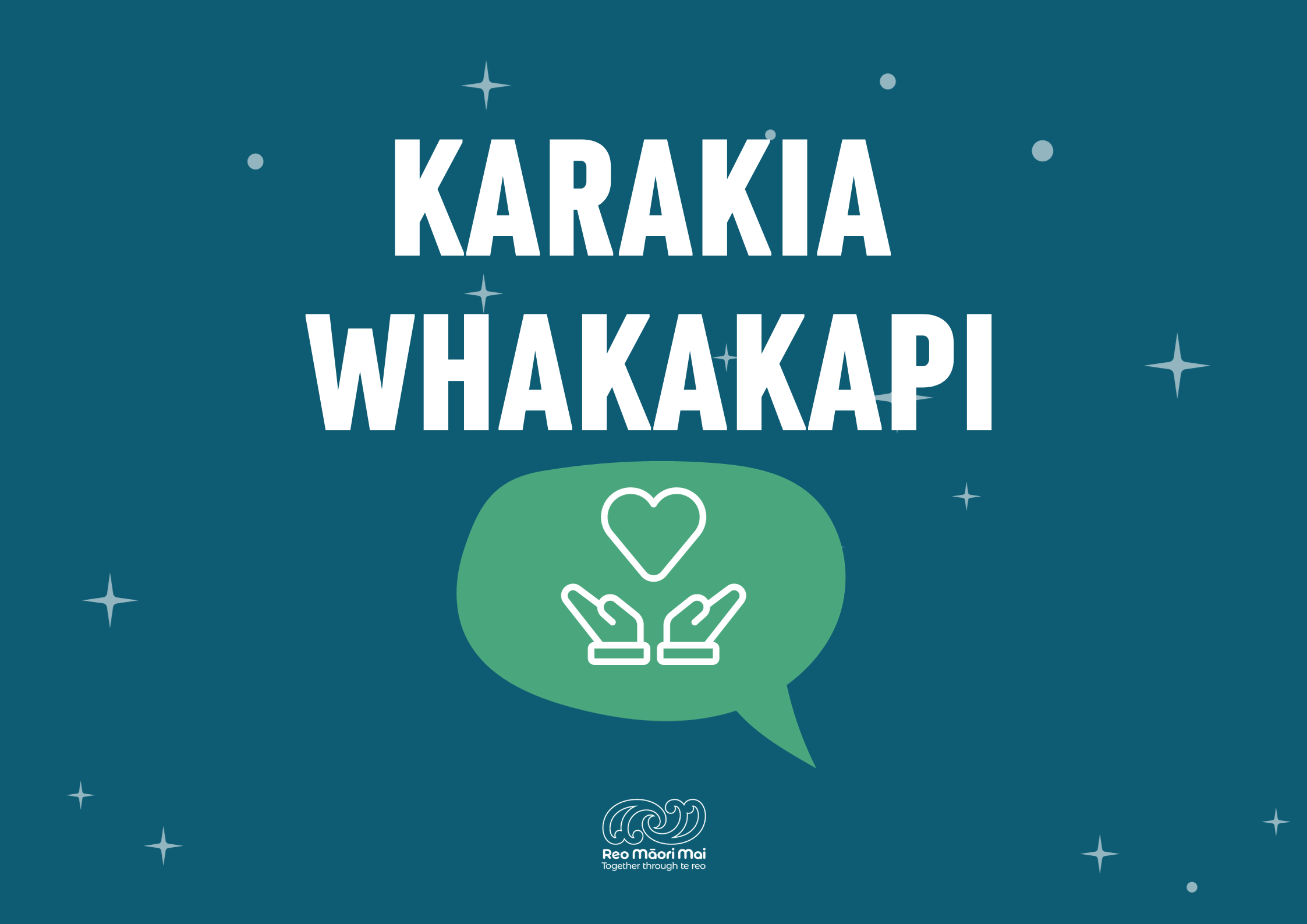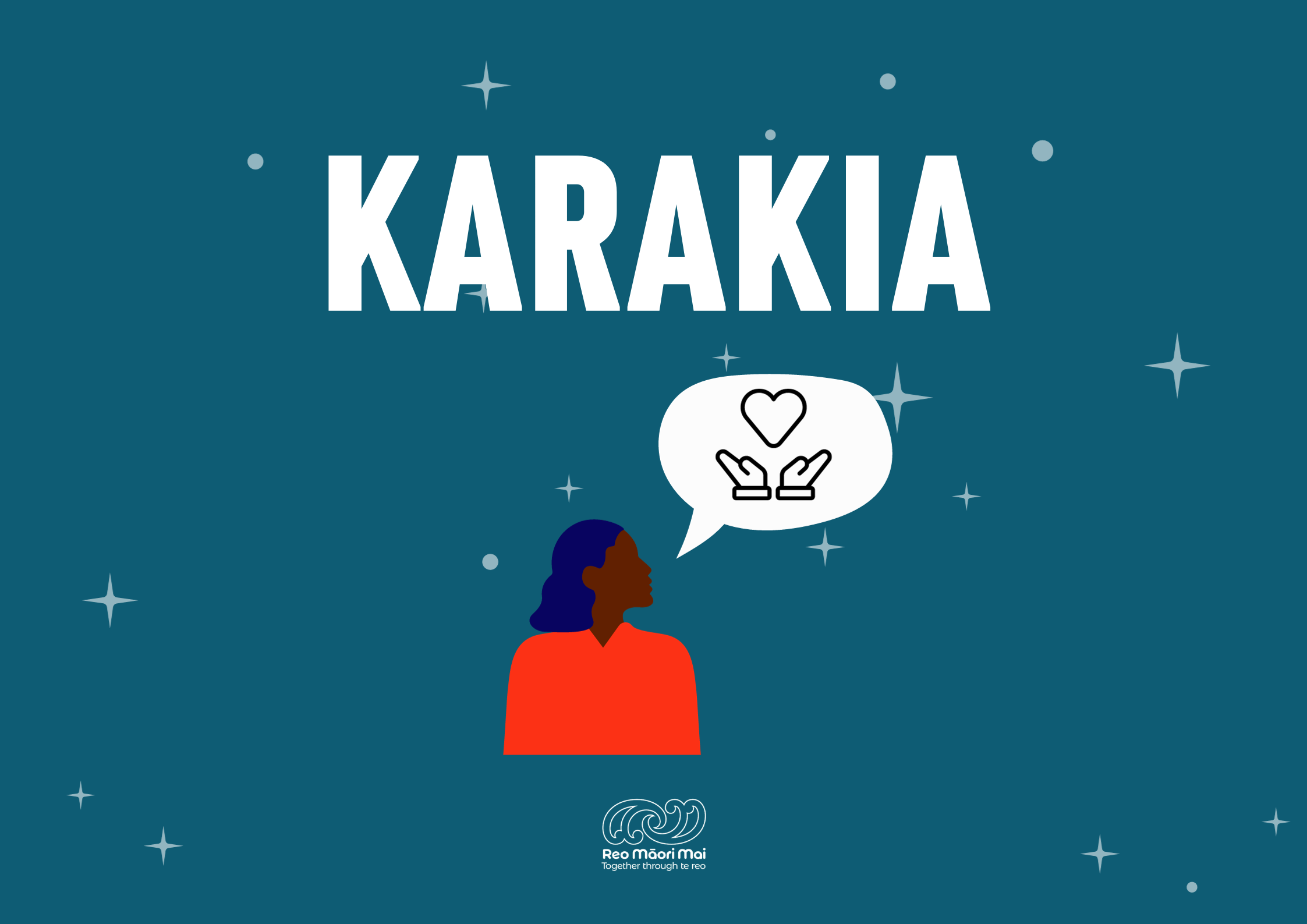Karakia are an important aspect of te ao Māori. They are used in many different contexts, and both formal and informal situations. To learn more about karakia in general, including how to begin them, check out our karakia blog. It is important to use the right kind of karakia for your specific context.
The purpose of karakia whakatuwhera (also referred to as karakia tīmatanga) is to open or start something - for example; a lesson, a meeting, a wānanga, or the day. The intent of having karakia whakatuwhera is to bring everyone together and focus their minds on the kaupapa or time/space ahead, with the hope that everything flows smoothly and well. Generally, when you open a space with karakia it should also be closed with karakia.
When looking at the translations of these karakia, please note that sometimes English words cannot fully encapsulate the essence of the kupu Māori (Māori words) used - therefore literal translations should be considered metaphorically.
The karakia we have chosen to offer are non-religious, which we hope makes them accessible to as many people as possible. The kiriata (videos) below run through the whole karakia, then go through it line by line with time for an echo, and then share the translation.
Ka Haea Te Ata
A Ngāi Tahu karakia to centre and prepare you for the morning.
E Ara Rā
This karakia whakatuwhera was composed by Leon Heketū Blake.




1 comment
Jennifer
He rawe ngaa rauemi.
He rawe ngaa rauemi.